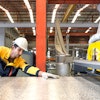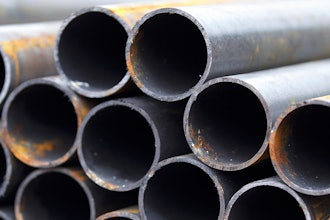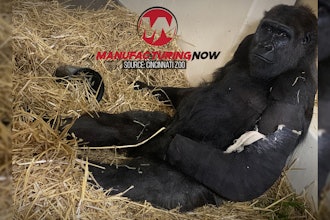COLEBROOK, N.H. (AP) — The owner of a New Hampshire gunpowder company that was the site of a 2010 factory explosion that killed two men is scheduled for trial in May.
Craig Sanborn of Maidstone, Vt., was indicted last year on two counts of manslaughter and two counts of negligent homicide for negligently engaging in the manufacture, production, testing and storage of explosive material. The explosion at the Black Mag plant in Colebrook killed Donald Kendall and Jesse Kennett. The trial would be held at Coos Superior Court in Lancaster.
The Caledonian-Record reports (http://bit.ly/W8qMST) the case also resulted in two lawsuits alleging wrongful death that were filed by the victims' families. A civil trial is scheduled in federal court in Concord after the criminal trial is completed, federal court representatives said Monday. The lawsuits name other co-owners of the building that housed the Black Mag plant as defendants.
The explosion happened on the afternoon of May 14, 2010, at the site that manufactured a gunpowder substitute for muzzleloader rifles.
The New Hampshire Fire Marshal's office said there were possible violations of state statute in the handling, manufacturing and storage of gunpowder at the plant, violations of general fire safety and indications the fatal blast might have happened during the manufacturing process.
In 2011, Black Mag entered into an agreement with the U.S. Labor Department that resolved more than 50 workplace safety and health violations issued by the Occupational Safety and Health Administration, with penalties totaling $1.2 million. The agreement required Sanborn to surrender his explosives manufacturing license and permanently refrain from employing workers in explosives-related businesses. Sanborn had declined to comment about the agreement.
OSHA said earlier the company failed to train the workers and chose not to use or install remote starters, isolated operating stations or appropriate shields and barriers. Employees also were not given proper protective gear such as fire resistant clothing and face shields.
___
Information from: The Caledonian-Record, http://www.caledonianrecord.com






















